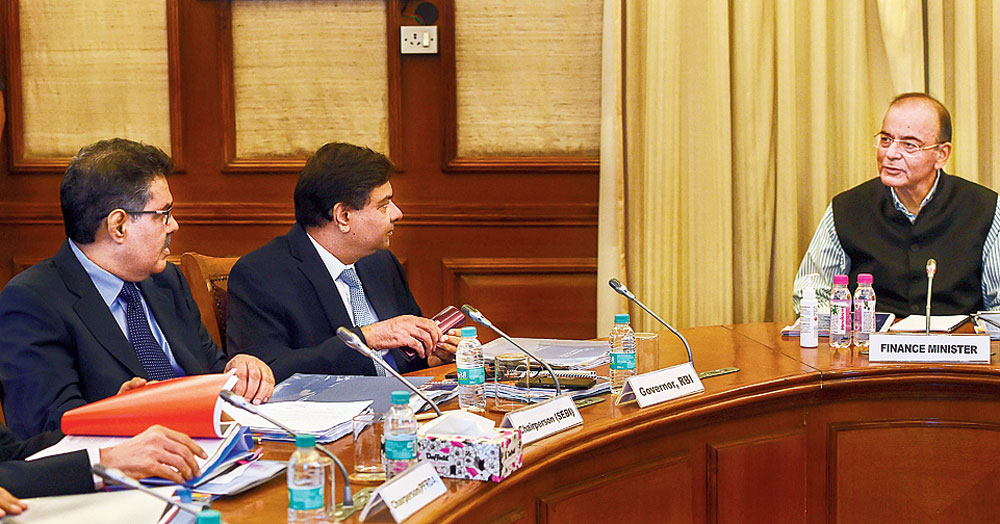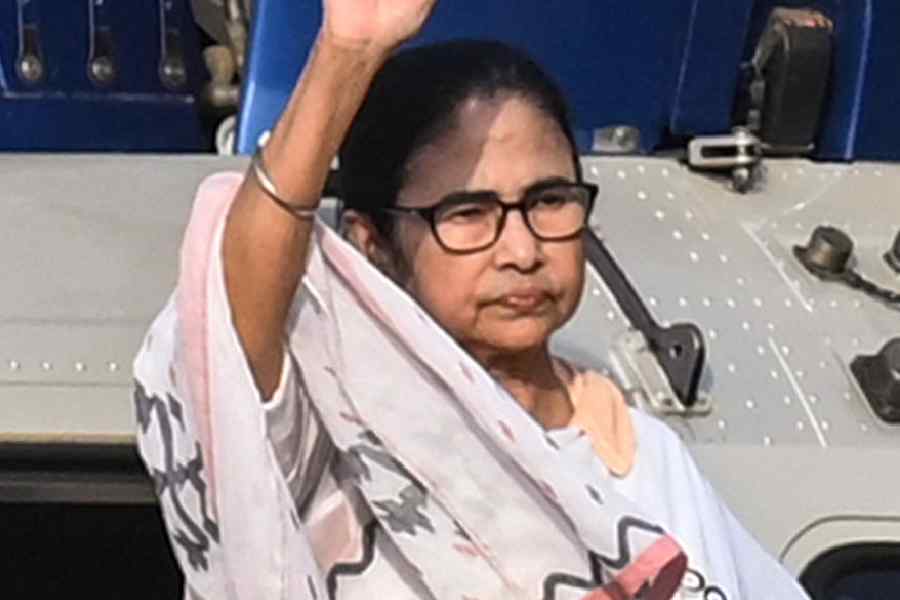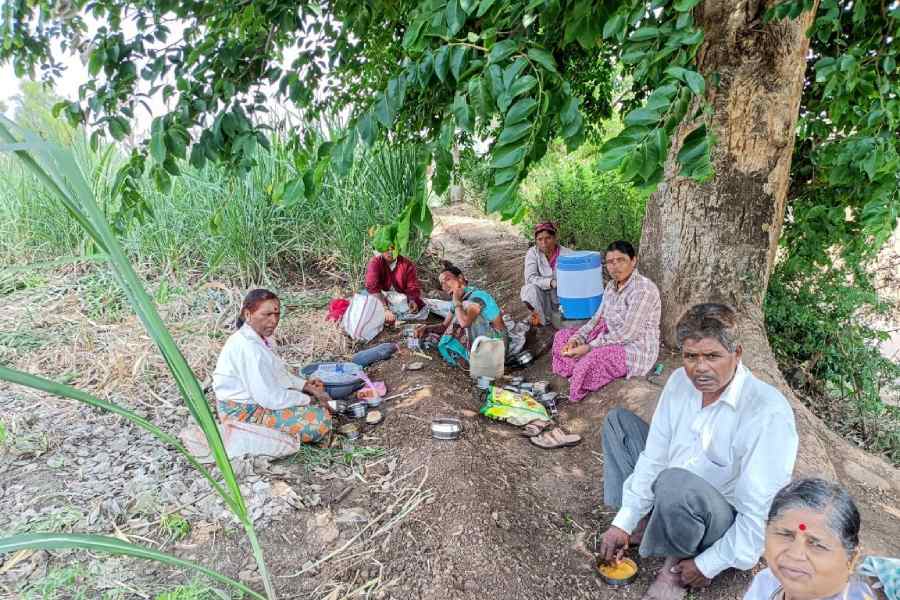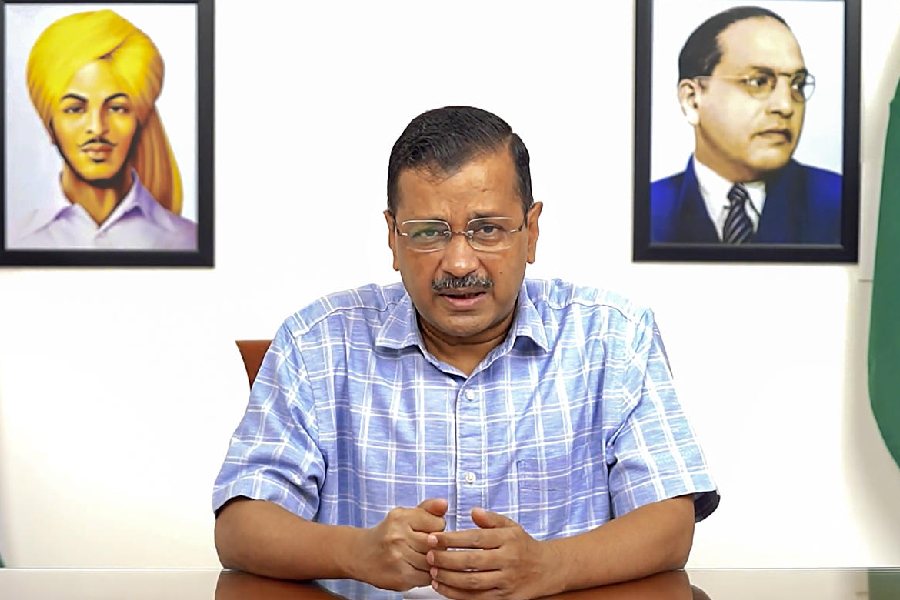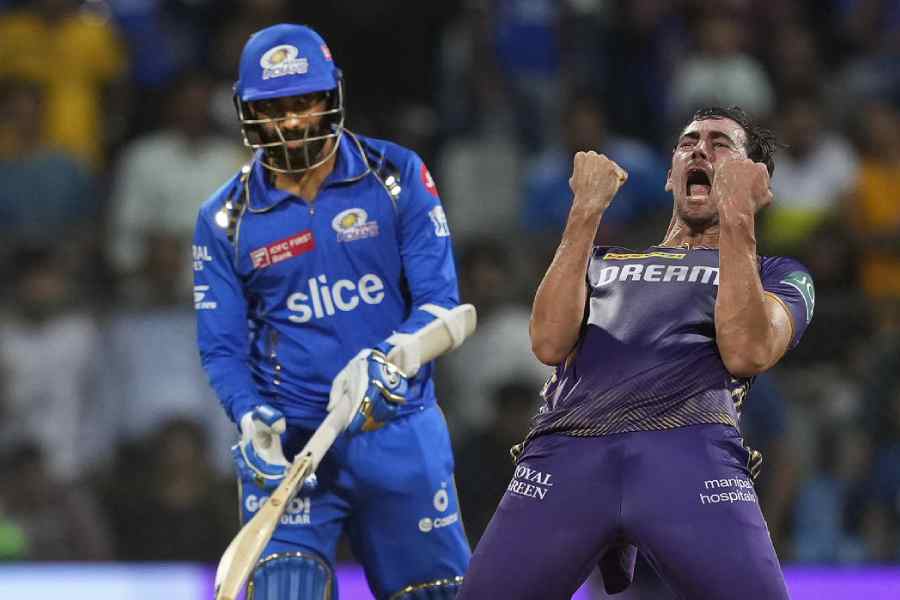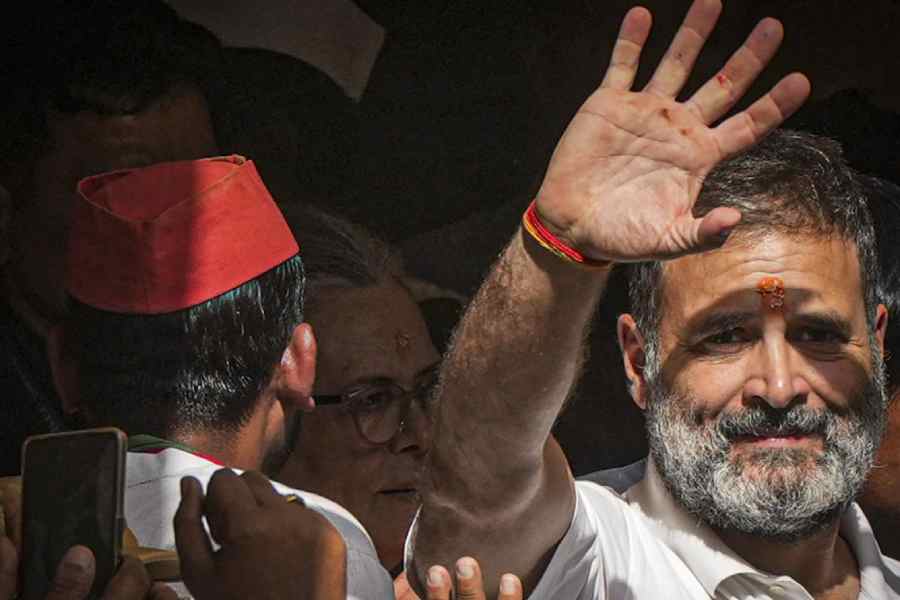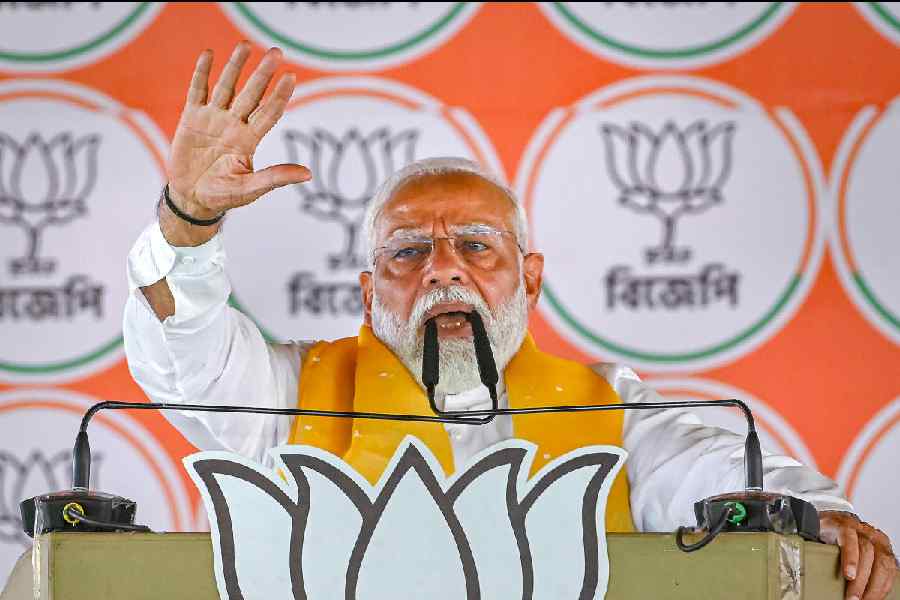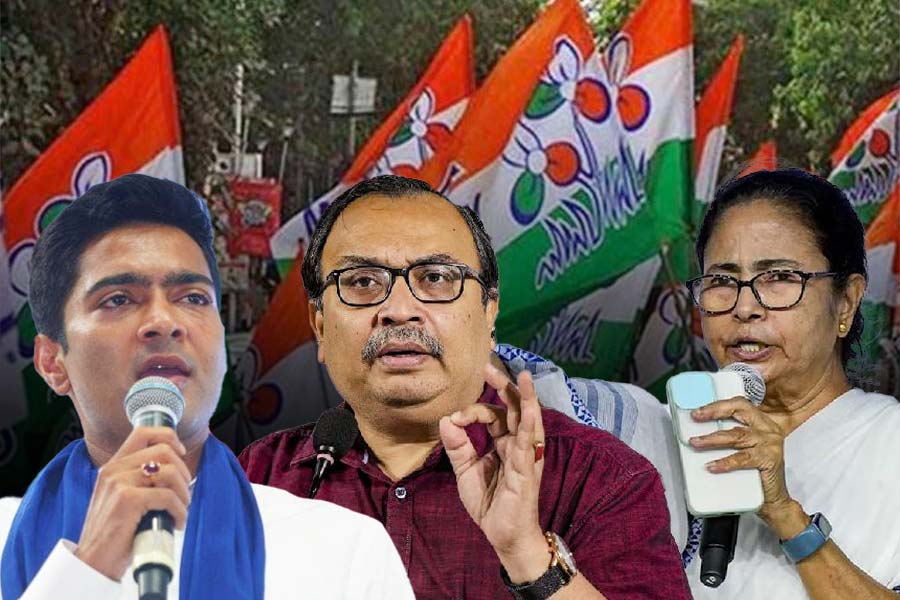The eagerly-anticipated face-off between the two main protagonists in the raging battle between the finance ministry and the Reserve Bank of India — finance minister Arun Jaitley and central bank governor Urjit Patel — over the freedom of the RBI to tighten regulations to deal with the growing mess in the banking industry did not take place on Tuesday after weeks of sniping by their deputies.
The meeting of the Financial Stability and Development Council, chaired by Jaitley and attended by the country’s financial regulators, had thrown up the prospect for some fireworks, especially after RBI deputy governor Viral Acharya’s dire warning last week that any attempt by the Modi government to undermine the central bank’s independence could be “potentially catastrophic”.
Jaitley chose not to react to the RBI’s vigorous assertion of its right to resist pressure from the government to dilute the tough regulatory regime it put in place in April last year through an early warning system styled as Prompt Corrective Action (PCA) under which lending restrictions have since been slapped on 11 of the 23 PSU banks in the country.
However, the finance minister used another forum to slam the RBI for looking the other way while banks were encouraged to embark on a lending spree between 2008 and 2014 during the UPA regime.
“During 2008-14 after the global economic crisis, banks were told to open their doors and lend indiscriminately in order to keep the economy artificially going,” Jaitley said at a conference attended by heads of American companies.
“The central bank looked the other way. I am surprised that at that time the government looked the other way, the banks looked the other way. I do not know what the central bank was doing. It was the regulator. They kept pushing the truth below the carpet.”
“Bank credit growth in one of these years was 31 per cent against the normal credit growth of 14 per cent,” Jaitley said.
On an average, bank credit grew by nearly 20 per cent annually during 2008-2014 as banks financed business growth and the Manmohan Singh government fashioned a stimulus package laced with federal spending and tax cuts.
Jaitley’s outburst at an unrelated meeting ahead of the meeting with Patel was seen as a warning to the RBI not to go public with its criticism of the Modi government. It was also seen as a broadside aimed at the opposition Congress party, which ruled India during 2008-2014.
Later in the day, the Congress mounted a sharp attack against Jaitley’s latest tirade against the central bank and Urjit Patel’s predecessors.
“I have been surprised today by the finance minister’s sharp attack against the RBI and its performance. The central bank is independent and autonomous,” Congress spokesperson Anand Sharma said. “It is in the interest of the Indian economy that the RBI alone remains the regulator of banks. Only the RBI should have the powers to regulate borrowing and fix lending rates.”
“The very eminent RBI governors were far more competent than Jaitley or Narendra Modi. The country also had the benefit of an eminent economist of unimpeachable integrity in Manmohan Singh as India’s prime minister,” Sharma added. “The RBI played a stellar role in 2008; it ring-fenced the economy and won plaudits from the world’s largest economies.”
Former finance minister P. Chidambaram, who Jaitley blames for triggering the lending spree, urged the government and the RBI to work out their differences behind closed doors.
“It will be best if the RBI and the government don’t talk across each other through lectures,” Chidambaram told reporters. “It might be better if the time-honored practice of the finance minister and the governor of the RBI meeting often in private and talking issues.”
Once a bank is brought within the rigours of the PCA regime, it is barred from distributing dividends, remitting profits and disbursing fresh loans.
Banks are also stopped from expanding their branch networks and need to maintain higher margins for loans, all irksome for a government which wants to promote a growth story.
(With inputs from our Political Bureau)

